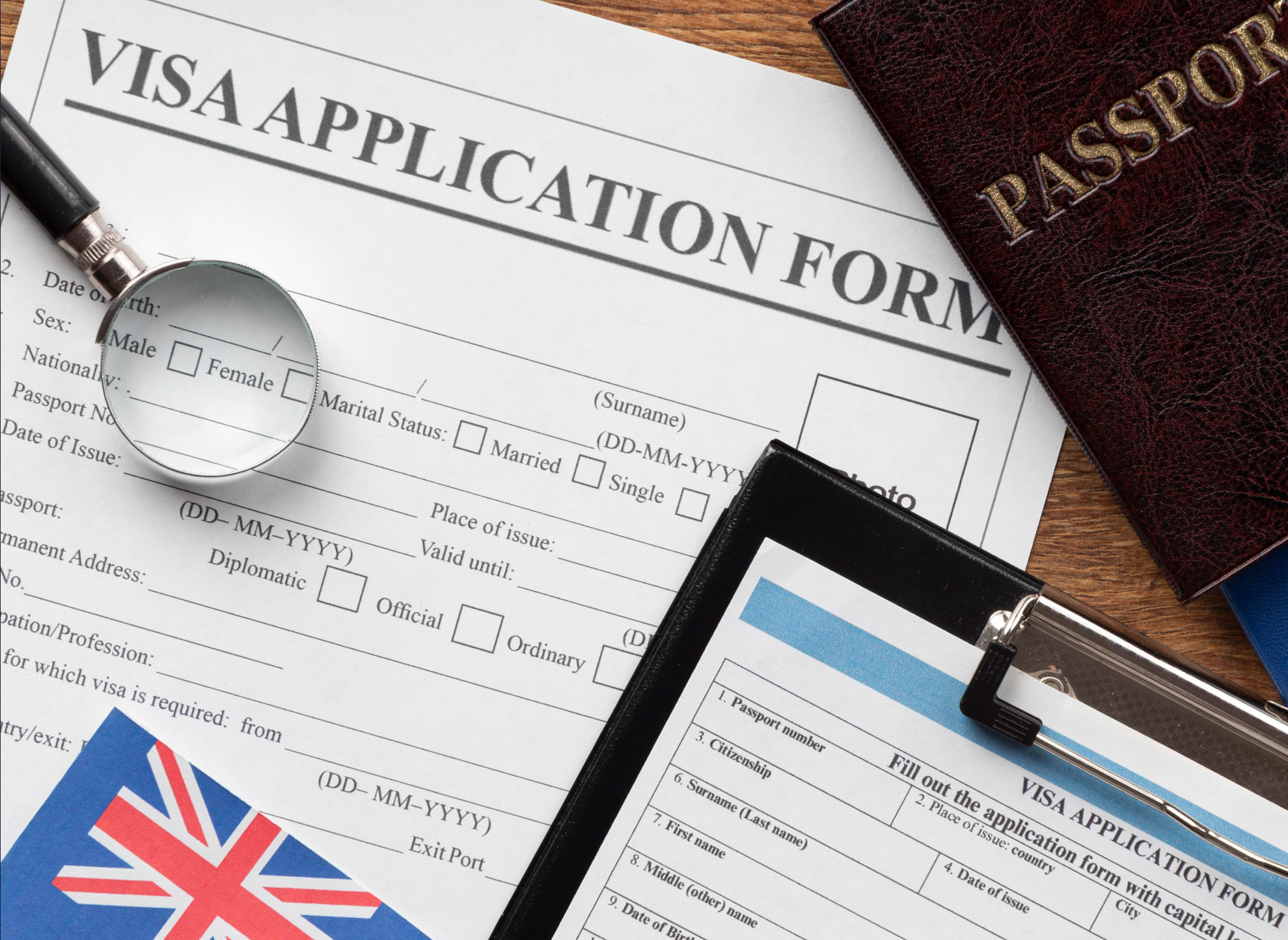
Employment tribunals are specialist employment ‘courts’. A tribunal comprises up to three people. The employment judge will be legally qualified, and there may be two lay members, one of whom has been chosen as an employee representative and the other as an employer representative. The purpose of the employment tribunal is for it to make […]
Employment tribunals are specialist employment ‘courts’. A tribunal comprises up to three people. The employment judge will be legally qualified, and there may be two lay members, one of whom has been chosen as an employee representative and the other as an employer representative.
The purpose of the employment tribunal is for it to make decisions about employment disputes. Pursuant to employment law, employees have various employment rights which are protected. As an employer, if you breach these rights, an employee could take you to an employment tribunal to seek remedy or compensation. You can be taken to an employment tribunal for a number of issues such as discrimination at work, unfair dismissal or an issue relating to wages or redundancy payments.
However please note that there are many other types of employment claims which can be brought by an employee. The employee or job applicant, who can take you to an employment tribunal, will not have to pay a fee. This was confirmed in July 2017, when the Supreme Court deemed the fees unlawful. A Trade Union may also make a claim against you. In this post, we look at a guide to the employment tribunal process for employers.
When an employer receives an employment tribunal claim, it needs to act quickly and carefully to put itself in the best position to defend the claim, or to reach a fair settlement with the claimant, avoiding unnecessary costs. The following steps need to be taken:
A tribunal claim needs to be dealt with promptly. There should be procedures in place within an organisation to make sure that, when an ET1 (the tribunal claim form) is received, it is immediately brought to the attention of the relevant people. The employer’s response to the claim must arrive at the tribunal office, on the prescribed form (the ET3), within 28 days of the date on which it was sent out.
The employer should carry out a careful assessment of the strengths and weaknesses of the claimant’s case and of its own defence, and decide whether or not it is worth fighting the claim.
Even if the employer thinks that it is in the right, settlement may be the more economic option, taking into account the cost and time involved in defending a claim. Click on the link for more information on employment tribunal claims.
The employer should focus on the claimant’s specific allegations, and on the legal issues involved. It should respond to the claimant’s case in detail as it may not be possible to introduce further information at a later stage.
The important thing is to remember that the form must be received at the tribunal office within the deadline, not just sent, so employers should try not to leave it until the last minute. An employer can apply for an extension to the 28-day deadline, but this is granted only at the judge’s discretion.
The good news for employers is that employment tribunals can be avoided. It’s important for employers to regularly review their policies and procedures to ensure that they are complying with both the law and best practice and are not tripped up by changes in law. It is not unusual for employers to follow out of date procedures or policies in good faith, only to subsequently find that the process they have followed potentially gives rise to a claim because it was based on out-dated law. Ultimately, employers have a duty to fully understand their responsibilities.
Providing employees with written terms and conditions of employment, i.e a contract of employment is another way to avoid an employment tribunal. Certainty over employment terms is good for both employers and employees and prevents conflict. Ambiguity in drafting and a failure to keep contracts up to date with both internal practice and legislation are common causes of dispute. Find out more about contracts of employment here.
Additionally, grievances, should they arise, should be dealt with and documented. However small a grievance is deemed to be – it should not be ignored or dismissed. A grievance, raised either formally or informally, is an early indication of a problem. Dealing with these problems effectively could prevent a dispute from developing. For more information on potential employment tribunal cases, click here.
Employment tribunal claims take a long time.
According to HM Courts and Tribunals Service, the average time between starting a claim and receiving a decision is 27 weeks. Depending on the factors involved, it could be more than a year. Meanwhile, a settlement can often be concluded within only a couple of days.
There is a three-step process for handling a claim made against you at the tribunal:
The Employment Tribunal’s Rules of Procedure allow for several types of hearing:
While in theory, it is ok for individual parties to represent themselves in an employment tribunal without suffering a disadvantage, we would always recommend seeking the advice of an experienced lawyer. The tribunal judge is supposed to take reasonable steps to address the imbalance between the two sides. In practice, there are very definite limits to the assistance on offer from the tribunal judge, and in practice, litigants in person are often left significantly worse off than the other represented parties.
If you would like to learn more about how Davenport Solicitors can support you if you have received a letter of a tribunal claim, contact us, email contact@davenportsolicitors.com or give our expert employment tribunal claim lawyers a call on 02079 036888.
Disclaimer
The material contained on this website contains general information only and does not constitute legal or other professional advice and should not be relied upon as such. While every care has been taken in the preparation of the information on this site, readers are advised to seek specific advice in relation to any decision or course of action.
 Business Immigration
Business Immigration
 Business Immigration
Business Immigration
 Business Immigration
Business Immigration